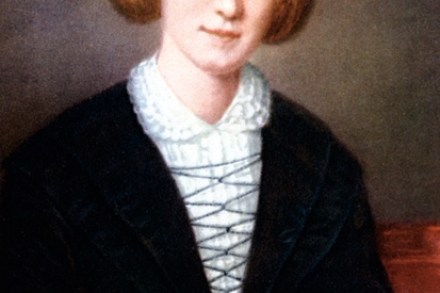Memoirs of an academic brawler
It’s a misleading title, because there is nothing unexpected about Professor Carey, in any sense. He doesn’t turn up to parties uninvited, like some of his less organised colleagues. As for his appointment, he was tailor-made for the job. Right class (middle); right school (grammar); right military service (guarding sand); right religion (books). An unsullied record of diligence as undergraduate, graduate, lecturer and tutor was combined with engaging resilience: ‘Teaching at St John’s was so enjoyable that I felt it was wrong to be paid for it.’ His outlook was just right for 1974; he was against ‘Old Oxford’, public schoolboys, compulsory Anglo-Saxon and all manifestations of waste, idleness and



